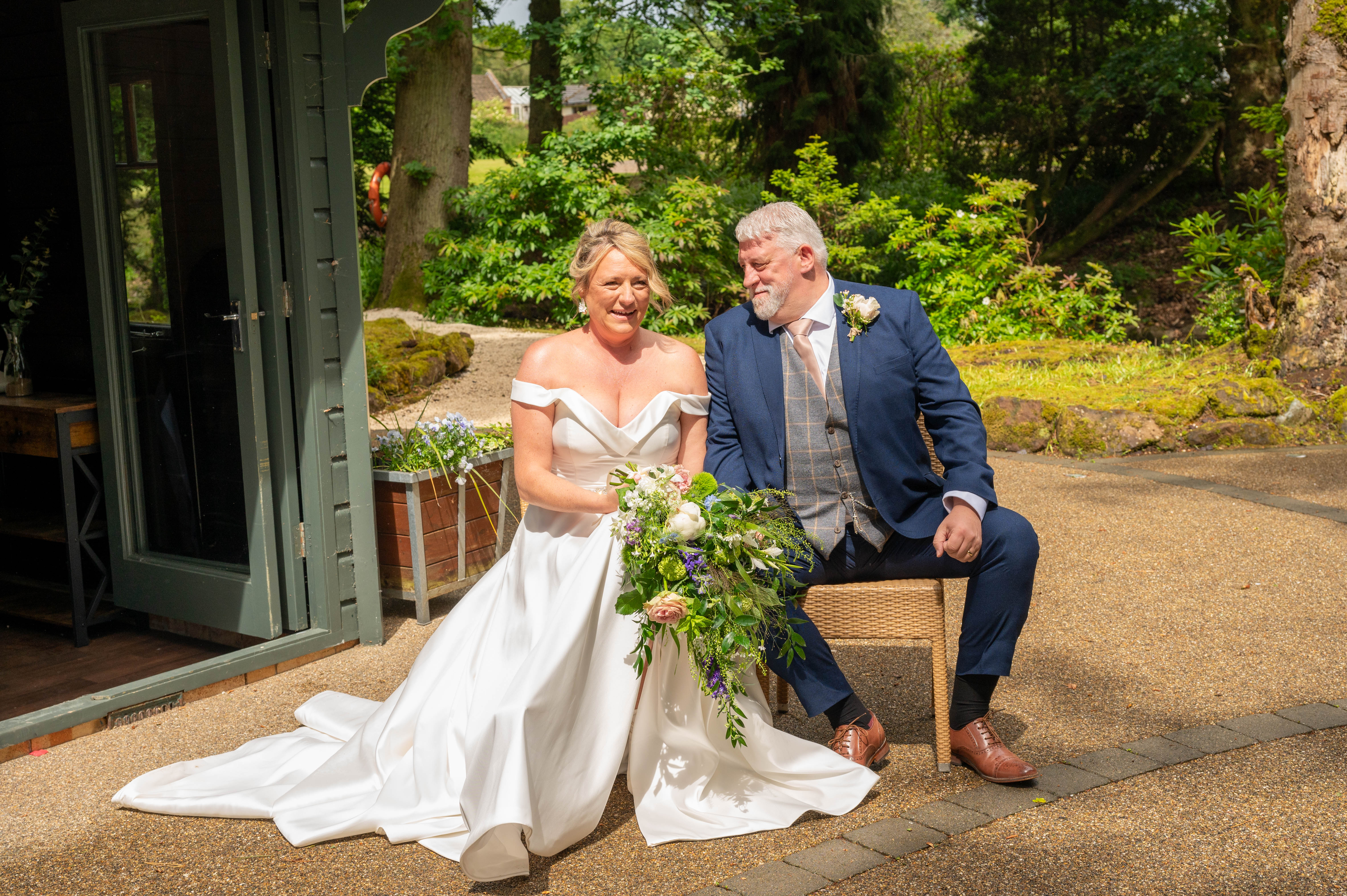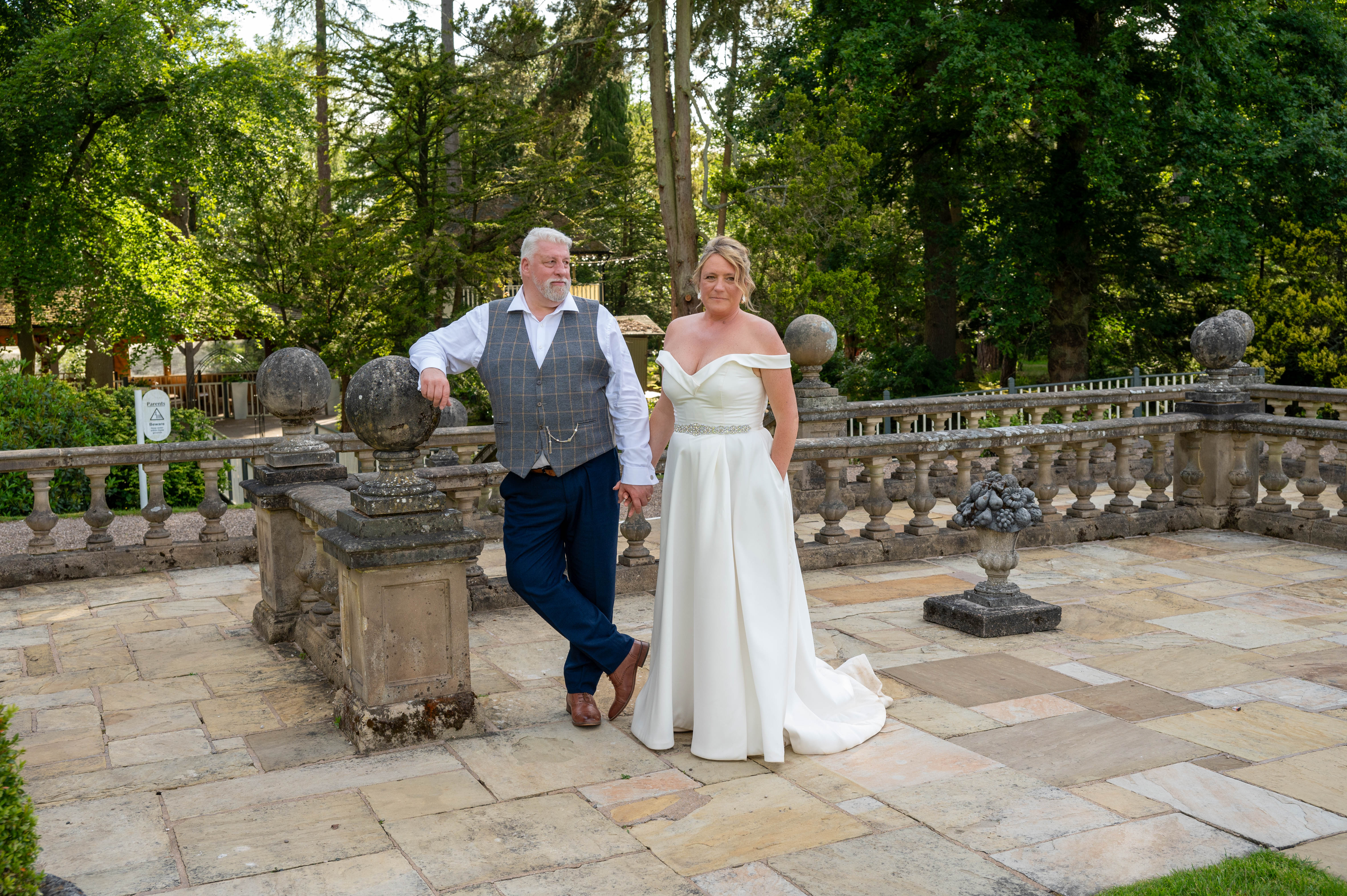Does marriage affect my Will?
Author: Chris — Fern Wills & LPAs Last verified: 30 September 2025 (England & Wales)
Quick-read summary
Marriage is a happy milestone — but in England and Wales, it also resets the legal ground beneath your Will. When you marry (or enter a civil partnership), any existing Will is automatically revoked, unless it was made “in contemplation of marriage.” If you don’t make a new Will, the intestacy rules decide who inherits — and that may look nothing like your real wishes. Remarriage adds more risk. Children from a previous relationship can lose out entirely if you haven’t planned. The good news: making or updating your Will as part of your marriage plans ensures your spouse is cared for and your children’s inheritance is secure.

Practical checklist
- Make or update your Will when you marry or form a civil partnership.
- If you already have a Will, check whether it was made “in contemplation of marriage” and names your intended spouse.
- Remarrying with children from a previous relationship? Add trust wording to balance needs fairly.
- Don’t rely on intestacy — it rarely matches what people expect.
- If you don’t make a Will, your estate follows intestacy rules: spouse first, children share what’s left. This may not be what you're looking for.
What to consider
Revocation on marriage
Marriage (or civil partnership) cancels an existing Will unless that Will says it was made in contemplation of the specific marriage. Without that wording, assume you need a new Will.
Civil partnerships
Civil partnerships are treated like marriage under the Wills Act 1837. If you’re registering a partnership, follow the same steps.
Remarriage and children
On remarriage, intestacy rules favour your new spouse first. Children from earlier relationships may receive nothing unless you make a new Will.

Trust planning that balances everyone
A Life Interest Trust can let your spouse live in the home and draw income during their lifetime, while protecting the capital for your children.
Timing
Don’t wait. You can make a Will “in contemplation of marriage” before the wedding, or sign a fresh one just after.
How this works in real life
Emma and Daniel married after being together for years. Emma’s old Will was silently revoked by the wedding. A new Will ensured their home passed cleanly, and guardianship for their child was named correctly.
Ravi remarried and wanted to protect his second wife while ensuring that his two adult children from his first marriage inherited the family home. A Life Interest Trust gave his wife security for life, with the capital preserved for the children.
Margaret and Joan formed a civil partnership later in life. They each updated their Wills to provide for relatives and charities, removing doubt and avoiding disputes.
When it goes wrong
Tom and Claire decided to put off making Wills — “we’ll sort it after the honeymoon.” A year later, Tom died suddenly. His old Will had been cancelled by the wedding, and without a new one, Claire inherited under intestacy rules. The children Tom had from a previous relationship received nothing, and the family ended up in a painful legal dispute.

FAQs
Does getting married cancel my Will?
Yes. Unless your Will was made “in contemplation of marriage” and clearly names your intended spouse, it is revoked by marriage or civil partnership. What does “in contemplation of marriage” need to say?
It should state that the Will is made in contemplation of marriage (or civil partnership) to a named person and that it remains valid after that marriage. I’m remarrying. Will my children still inherit?
Not automatically. Intestacy prioritises your new spouse. A new Will — often with trust provisions — is the reliable way to protect children’s shares. Can I protect the family home for my children while still taking care of my spouse?
Yes. A Life Interest Trust can allow your spouse to live in the property and receive income for life, with the capital preserved for your children. Do these rules also apply to civil partnerships?
They do. Entering a civil partnership has the same effect on Wills as marriage. When should I update my Will if I’m engaged?
Now. You can either make a Will “in contemplation of marriage” before the ceremony or sign a fresh one soon after.
Technical notes (optional)
- Intestacy shares in practice — If you die married without a valid Will, your spouse or civil partner inherits the first £322,000 of your estate outright, plus half of anything above that. The other half goes to your children. In blended families, this can even mean a house has to be sold to release funds for children from an earlier relationship.
- Civil partnerships — The Civil Partnership Act 2004 puts civil partners on the same footing as spouses for succession.
- Protective claims — Under the Inheritance (Provision for Family and Dependants) Act 1975, children or dependants left out of your Will can apply to court for “reasonable financial provision.” That is uncertain, costly, and stressful compared to making a clear Will.
Next steps
Marriage is a moment of joy — but it quietly resets the legal ground beneath your Will. Put a valid plan back under your feet. A short conversation today can protect your spouse, safeguard your children, and spare your family avoidable stress later. Contact Fern Wills & LPAs


